A Way Forward: The Shadow Alliance of Superpowers in Syria. Constantly shifting like the sands of the Sahara, the blood soaked cities of Syria have seen countless flags fly above it’s minarets over the last five years. One of these ancient citadels, Palmyra, was liberated from ISIS by the combined efforts of the Syrian Arab Army (SAA) and Russian airstrikes this past week. Full of historical artifacts precious to both the Syrian and international historical communities, it was a triumph over the barbarity of Islamic State, its plans to erase both the divirse people’s and their cultures from these lands, and another step to their ultimate destruction in both Syria and Iraq.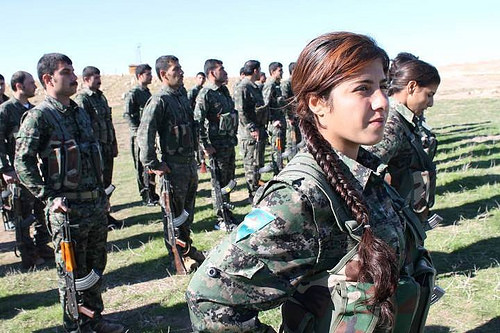
However, this advance by the forces of Bashar Al-Assad across Syria has only been made possible by it’s allies. Heavy, focused Russian air support and Iranian manpower in the form of Shia militias including Hezbollah have turned the tides in it’s multi-front civil war against both Syrian rebel groups and the foreign radicals making up IS and Al-Qaeda. By labeling all who oppose Assad as “terrorists”, as both President Putin and his Foreign Minister, Sergey Lavrov, Russia has enabled Assad to secure his precarious position in Syria and forced the rebels to the negotiating tables for the first time in several years. Surely, then, these “terrorists” would also include the Kurds of Northern Syria, who have been fighting for independence since the early stages of the war and are backed heavily by the United States, a superpower steadfast in it’s opposition the continued reign of the regime since it started dropping barrel bombs on it’s citizens during the peaceful protests of 2011’s “Arab Spring”.
Yet this is where the alliance between Putin and his puppet Assad shifts, as all alliances in the Middle East do. Instead of supporting the Assad regime in destroying Kurdish resistance in the north, the Russians have rebuked both Assad and Turkey’s dictator Recep Erdogan by consistently insisting that the Kurds should have a seat at the table during any peace talks. This diplomatic recognition came while the Russians refused to bomb the Kurds and prevented Assad from directly confronting them, instead working with the Americans to coordinate strikes against IS targets in Syria and Iraq in support of Kurdish advances.
This contradiction was clarified in the past two weeks when the Kurds declared an autonomous federal zone in the territory they control in Syria, much like the semi-free state their people have enjoyed in Iraq for the past 20 years. The myriad sides of the conflict immediately rejected the announcement with the following statements from Reuters:
“Any such announcement has no legal value and will not have any legal, political, social or economic impact as long as it does not reflect the will of the entire Syrian people,” state news agency SANA cited a foreign ministry source as saying.
An official in Turkey said: “Syria must remain as one without being weakened and the Syrian people must decide on its future in agreement and with a constitution. Every unilateral initiative will harm Syria’s unity.”
“We don’t support self-ruled, semi-autonomous zones inside Syria. We just don’t,” said State Department spokesman John Kirby.
“What we want to see is a unified, whole Syria that has in place a government that is not led by Bashar al-Assad, that is responsive to the Syrian people. Whole, unified, nonsectarian Syria, that’s the goal.”
With this kind of unified opposition, it seemed surely Russia would join both their allies and their enemies in condemning the Kurdish play for independence. Instead, the Kurdish announcement not only followed the day after a withdrawal of the majority of the Russian military was announced by Putin. Even if that is just a smokescreen to provide cover from fresh advances, this also included a joint announcement that Russia was officially supplying the Kurds with weapons, including five 23mm ZU-23-2 anti-aircraft systems.
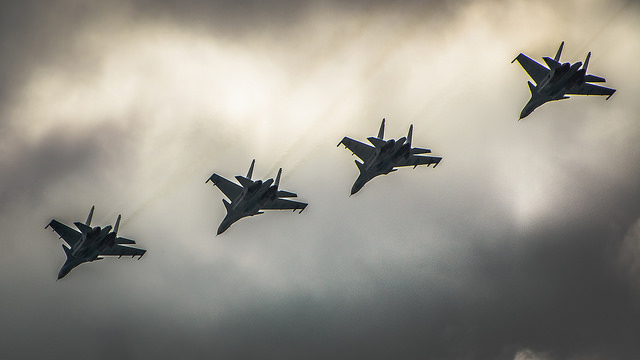
Supporting a people’s right to self-determination is one thing, but arming them to be able defend that ideal is quite another. By doing what America hasn’t been able to do due to international pressure from its Arab allies, namely NATO member Turkey, Russia has solidified the Kurds position in Syria while simultaneously rebuking the multitude of nations that have been arrayed against American efforts to legitimize an ethnic group that has not only never had a country to call their own but has instead been the subject of ethnic cleansing time and again in recent history. While only a piece in the biggest geopolitical chessboard since the end of the Cold War, this cooperation, however unofficial, points to a future partnership that will be vital to the success of any long term peace in both the Middle East and across the globe.


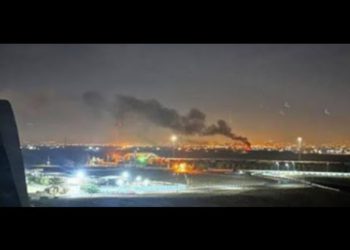
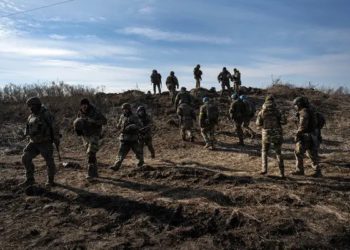
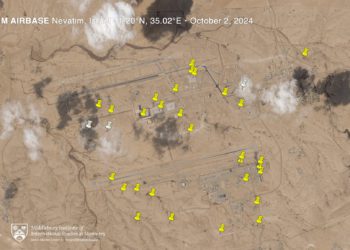
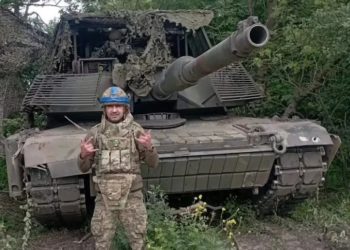
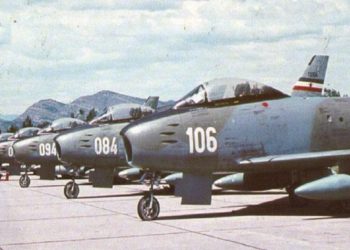
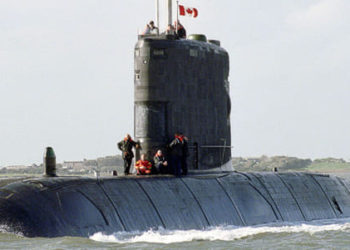
Asking questions are in fact fastidious thing if you are not understanding
something completely, but this paragraph provides pleasant understanding even.